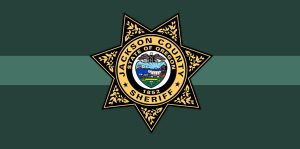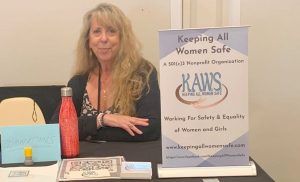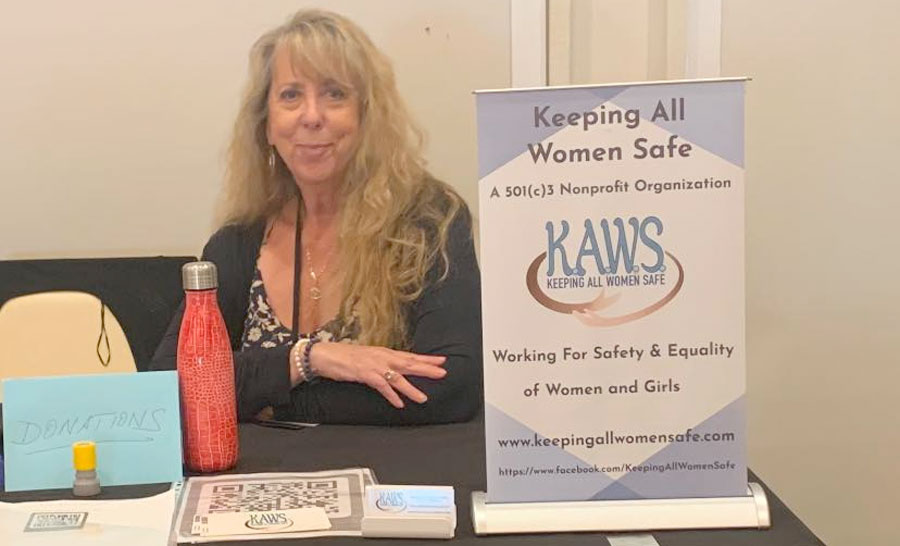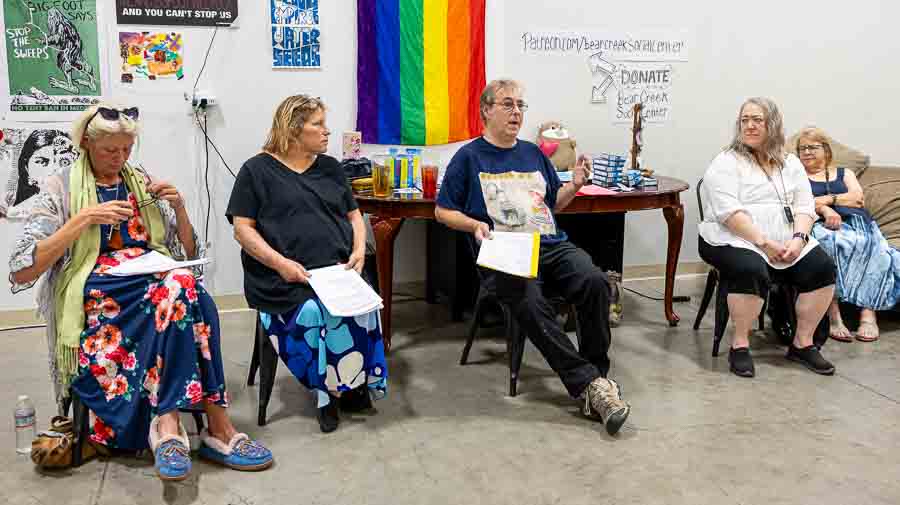O’Neill: ‘This program is not wasteful, it cannot be replicated by the private industry, and that it really is very much a benefit to society’
By Sage Van Wing and Geoff Norcross, Oregon Public Broadcasting
At least 880 people have lost their jobs at NOAA nationwide, according to U.S. Sen. Maria Cantwell, D-Washington, with some of those job losses certainly hitting Oregon.
State climatologist Larry O’Neill, who works closely with National Weather Service personnel, says the impact of cuts on Oregon could be critical.
O’Neill spoke with OPB “All Things Considered” host Geoff Norcross.
The following transcript has been edited for length and clarity.
Geoff Norcross: Can you give me an idea of how important this particular agency is to the state?
Larry O’Neill: The National Weather Service provides very critical information on weather, especially extreme weather, across the state and across the country. They also provide a lot of vital services, including our weather radars and specific forecasts tailored to a lot of different industries and commerce, including for shipping, for ski resorts and for water supply management. Suffice it to say that they’re very critical for our public safety and our economic security.

Norcross: How might these cuts in personnel show up in our lives every day? Could our daily forecast be compromised in some way?
O’Neill: Absolutely. Last week we had flood warnings across the state. We also had severe thunderstorm warnings and even a tornado warning. And where we’ll start to see this, is the degradation of forecasts and timeliness associated with those extreme events.
And another critical aspect is that the Weather Service provides a lot of support and personnel to help with our wildland firefighting efforts. So we can expect that people who are fighting the wildfires will not have as much timely or accurate information to help make decisions to fight those fires.
Norcross: I don’t know much about private meteorological services, but are there any options for backfilling any of that loss of personnel that you know of?
O’Neill: Not in the private industry. Things like AccuWeather or your Apple weather app and things like that, do not provide really specific forecasts for specific areas. And critically, they do not provide timely weather watches or warnings. There’s no replacement for those services that the weather service provides.
Norcross: This is a common debate that we have about federal agencies out here in the West: There have been many conversations about if they’re running lean enough, or if they’re running efficiently enough, and I’m wondering if the debate just feels different now to you, from your approach as a state climatologist.
O’Neill: I think we can all agree that the effort to eradicate genuine waste, fraud and abuse is a worthy goal, and we all would like to get the most out of our taxpayer money. And I really believe very strongly, and there have been a lot of studies that have shown, that things like the National Weather Service are extremely efficient, and that it’s extremely cheap for the benefit that it provides to everyone — to the citizens of this country, our commerce, our economy — a whole host of things. What I would just really like to emphasize is that this program is not wasteful, it cannot be replicated by the private industry, and that it really is very much a benefit to society.
This article first appeared on opb.org.



















